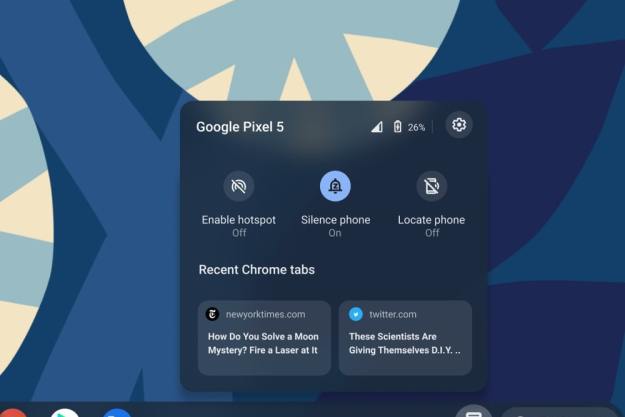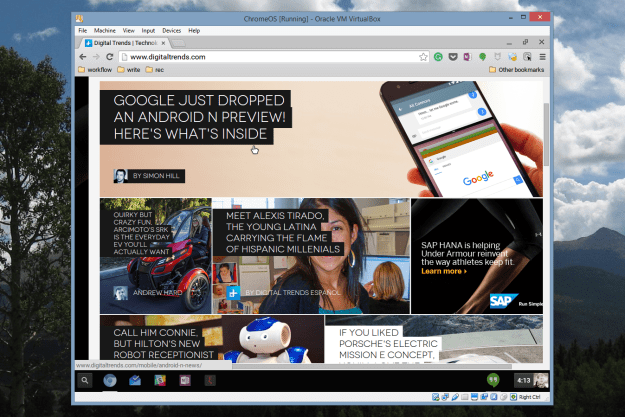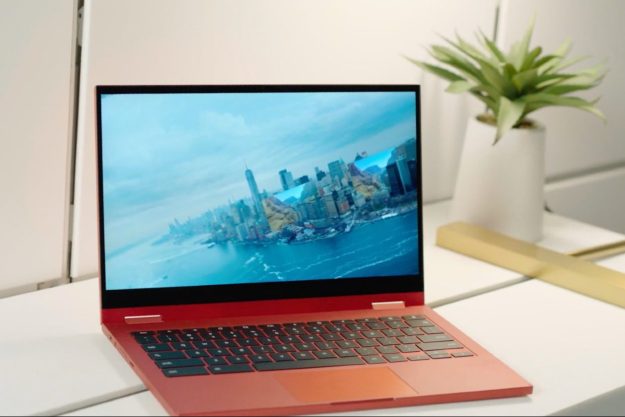Samsung might be developing an Exynos-powered hybrid laptop essentially combining the DeX interface with ChromeOS.
Bringing back a codename from an unrealized concept in 2020 — the DeXBook — Samsung is once again rumored to be working on a Chromebook laptop with an integrated DeX interface. Exact details are sparse, except that the laptop is expected to utilize Exynos SoCs based on 5nm or 7nm nodes. Unlike DeX docks currently on sale, the hybrid DeXBook is looking for a more integrated approach.
As it is, DeX is Samsung’s proprietary software that allows users to connect their Galaxy smartphones to monitors or TVs, and more recently, also brings that interface to Windows and iOS machines via USB cable and an installed app. Having a DexBook might prevent the need for cables, app installs, and tethered devices.
How the DeX-ChromeOS implementation will look is something we’re curious about. Perhaps the Windows-DeX version is a good indicator, whereby a PC runs the DeX in a separate window, which in and of itself is OneUI in a Windows-like UI. It is therefore possible that the DeXBook will function the same way.
We also wonder if the DeXBook idea brings any value to the equation. With ChromeOS’s Phone Hub soon allowing the streaming of apps from your phone, and not to mention that both DeX/OneUI and ChromeOS both already run Android apps, it’s hard to see the need for what essentially works like a OneUI emulator for ChromeOS. DeX is fantastic when connected to an external display, but in this context, it might be a hard sell.
Editors' Recommendations
- Why I converted my Windows laptop into a Chromebook, and why you should too
- How ChromeOS Flex turns old PCs into Chromebooks for free
- Chrome OS to soon run everywhere, including on PCs and Macs
- Windows vs. MacOS vs. Chrome OS
- Chrome OS was born 10 years ago. Here are the highlights in its rise to power




